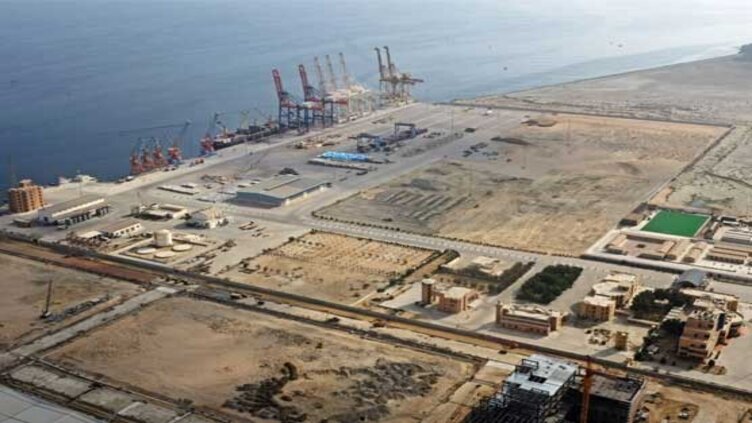Global oil demand will reach record as China eases restrictions

Business
Majority of rise in demand is being driven by Asia-Pacific region, International Energy Agency
PARIS (Web Desk) - The International Energy Agency (IEA) predicted that global oil demand will reach a record in 2023 as top customer China eases Covid restrictions and air travel recovers from the epidemic.
According to the IEA's monthly oil market report, demand will rise by two million barrels per day from last year to average 101.9 million barrels per day in 2023.
Given that the usage of fossil fuels that causes global warming has not yet peaked it would be higher by 1.4 million barrels per day in 2019 than it was before the epidemic. Rystad, an independent energy research company, estimates that 2025 will mark the tipping point.
The majority of the rise in demand is being driven by the Asia-Pacific region, with China alone responsible for over half of the anticipated surge in 2023 following the lifting of its zero-Covid policy in December.
As air traffic has yet to return to pre-pandemic levels, China's reopening is also anticipated to increase demand for jet fuel by 1.1 million barrels daily. Given the lackluster manufacturing activity, it is anticipated that demand for oil products would diminish. Additionally, demand for gasoline will decrease as vehicle efficiency increases and electric cars gain market share.
According to the IEA, output on the supply side was consistent in January hovering around 100.8 million barrels per day. Despite the EU's restriction on maritime oil imports going into effect in December and the G7's decision to institute a price ceiling, Russian exports fared well.
The United States, Brazil and Norway will be the main contributors to a boost in global oil production of 1.2 million barrels per day in 2023, according to the IEA.
The IEA stated that Russia's recent announcement to reduce output by 5%, or 500,000 barrels per day, in March is "a warning that Moscow may be struggling to place some of its barrels."

